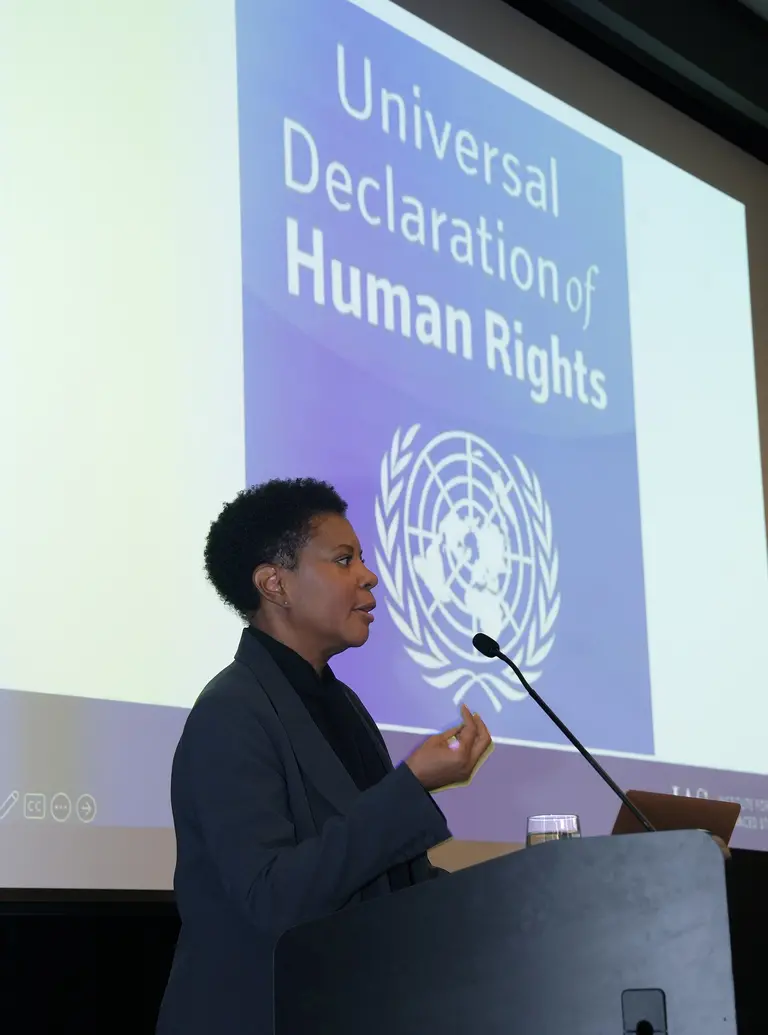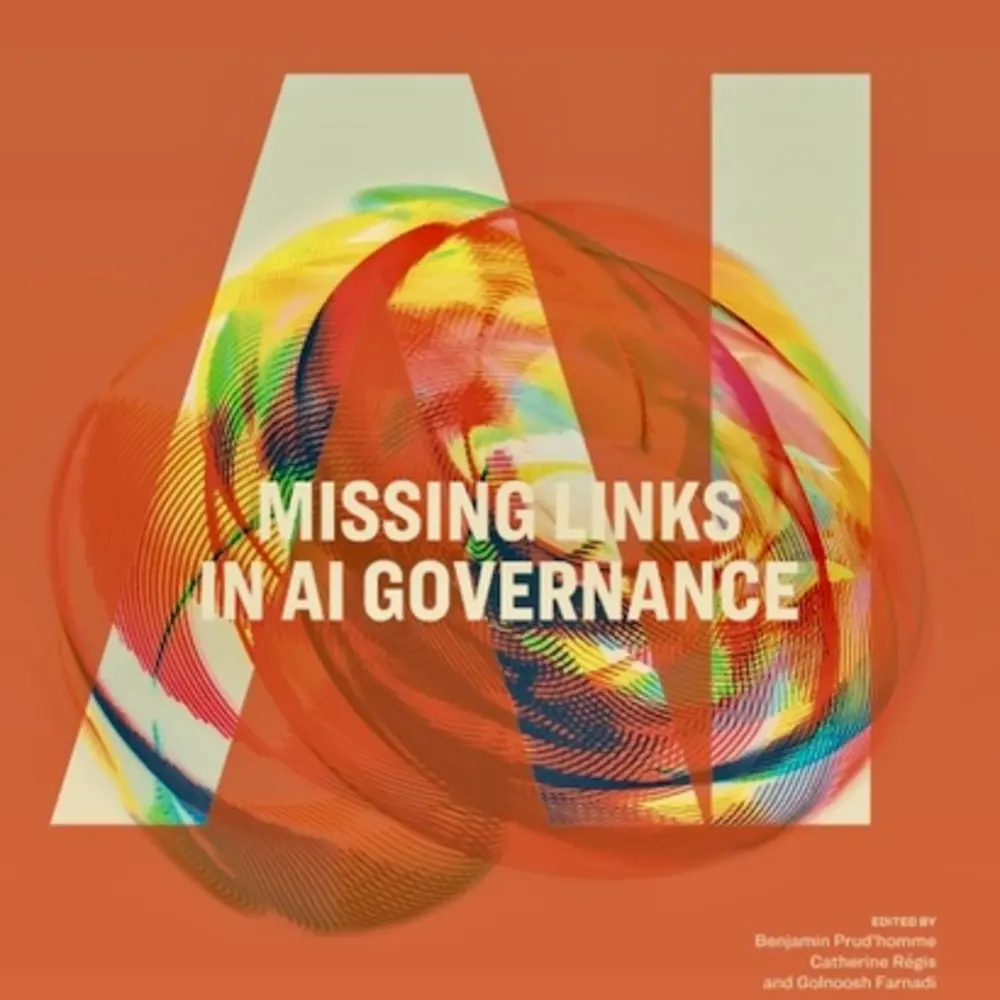AI Governance, Policy and Inclusion
Ensuring the seamless integration of artificial intelligence (AI) worldwide.
Ensuring the seamless integration of artificial intelligence (AI) worldwide.
The widespread introduction of any new technology can lead to public concern, controversy, and even disinformation. Because of AI’s powerful potential to change everything from business to the creative industries, it is essential to understand public perception and help guide public policy.
The effective and responsible application of technologies as powerful as AI cannot be left to chance. Local, national and international cooperation is essential in ensuring the development of comprehensive and robust safeguards and governance. Mila is leading a range of international and interdisciplinary projects, including partnerships with UNESCO, the United Nations, and numerous corporate and industry partners.

Mila works primarily in the areas of consulting and research. From helping to develop industry tools and standards to contributing to international policy, Mila brings together thought leaders from around the world to ensure a just and equitable AI future for all.
The AI information space is noisy, often highly technical, full of competing claims and vested interests. Finding reliable, independent and, above all, relevant insights is challenging. This rings especially true for policymakers grappling with how best to approach, regulate or leverage AI for the public interest despite having limited access to technical AI expertise and no clear mechanism to engage with scientific experts. This knowledge-brokering initiative - led by Mila and CIFAR - addresses this gap by providing a platform for policymakers and scientists to have timely and meaningful interactions on key issues.
Ultimately, we seek to bolster evidence-based policies across Canada by enabling policymakers to tap into the breadth and depth of the Canadian AI ecosystem’s knowledge.
In order to develop effective AI safeguards and governance, international cooperation is key. Mila remains a leader when it comes to advancing research into responsible application and risk mitigation for AI systems and AI governance.
Major international partnerships include:

In the context of Canada's 2025 G7 Presidency, ISED has asked the National AI Institutes Mila, Amii and Vector to help prepare the G7 AI Adoption session on the state of small and medium enterprises (SMEs). This report explores AI adoption among SMEs, outlining key challenges and lessons learned from the institutes, with a review on the state of AI adoption across G7 countries.
In January 2025, Mila hosted a roundtable workshop and consulted multiple experts to discuss design options for the United Nations’ recently announced plan for the creation of an Independent International Scientific Panel on Artificial Intelligence (AI). This policy paper makes concrete recommendations to ensure the scientific independence, legitimacy and policy relevance of this new Scientific Panel - an important step towards the global governance of AI.
The Global Partnership on Artificial Intelligence (GPAI) project “Towards Real Diversity and Gender Equality in Artificial Intelligence: Evidence-Based Promising Practices and Recommendations” aims to provide governments and other stakeholders of the AI ecosystem with recommendations, tools, and promising practices to integrate Diversity and Gender Equality (DGE) considerations into the AI life cycle and related policy-making.
On October 17th and 18th, Mila and the Department of Canadian Heritage (PCH) partnered to convene cultural sector representatives and AI experts. Their objective was to identify the foundational elements for a National Cultural Data Strategy for Artificial Intelligence, with a focus on the use of cultural content in the field of AI. This "What We Heard" report is co-authored by Noah Oder, Anna Jahn and Henri Vilandré.
Bringing together key stakeholders from the academic fields of machine learning, law, and social sciences, alongside representatives from civil society and policy-making communities, the international conference hosted at Mila in February 2024 aimed to advance the critical efforts needed to incorporate human rights into AI governance mechanisms.